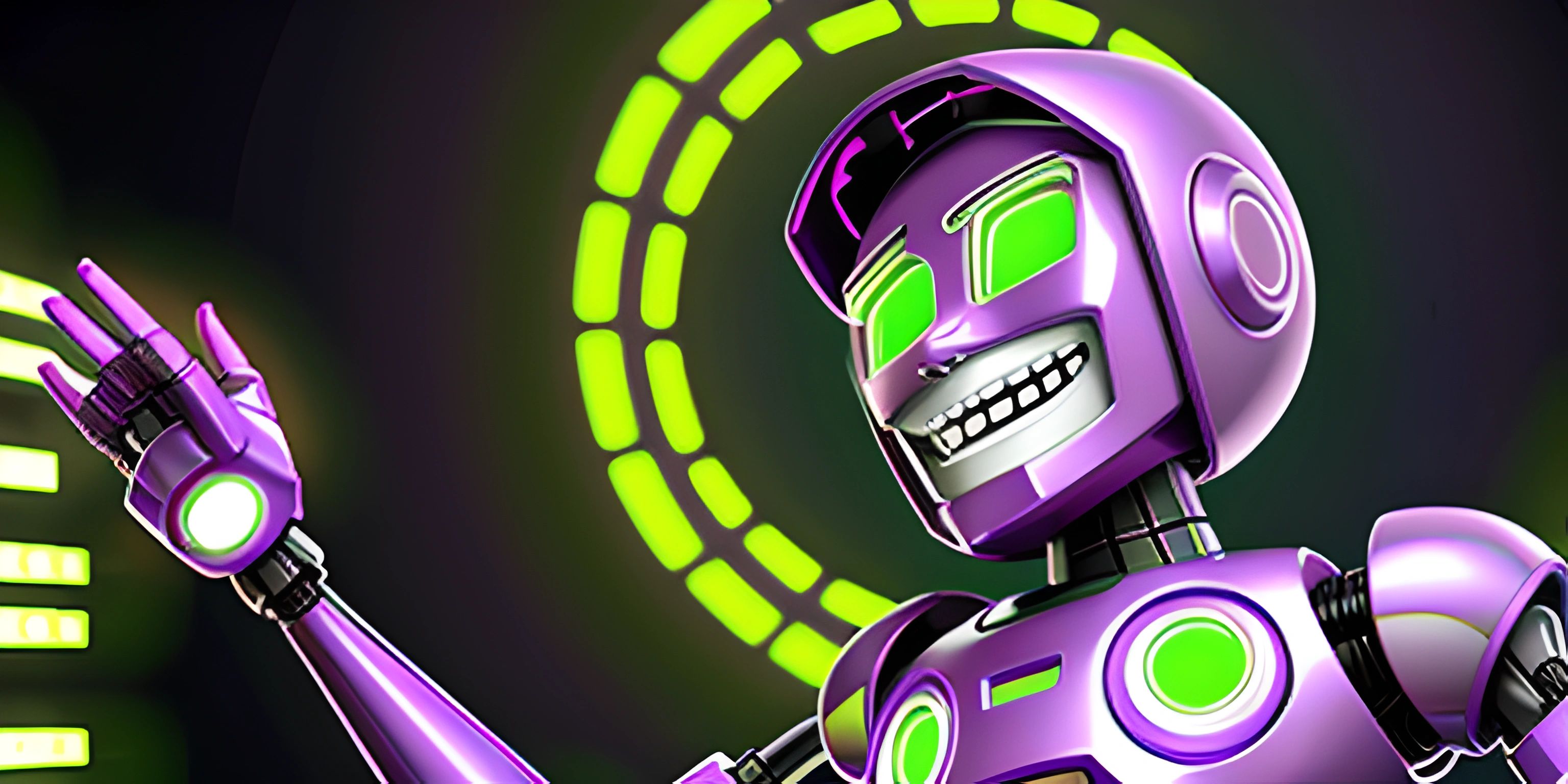Exploring the Python Community and Its Resources

Note: this page has been created with the use of AI. Please take caution, and note that the content of this page does not necessarily reflect the opinion of Cratecode.
An Overview of the Python Community
Python, one of the most popular programming languages, has an expansive and thriving community. This community is filled with developers, enthusiasts, and experts from different backgrounds, all sharing a common interest in Python. The Python community is known for its welcoming and collaborative attitude, making it an excellent place for aspiring Python developers to grow and learn.
Python Libraries and Frameworks
One of the biggest strengths of the Python community is the extensive library and framework ecosystem it offers. These libraries and frameworks cover a wide range of domains, from web development and data analysis to artificial intelligence and machine learning. Some popular ones include:
- Django - a high-level web framework for building web applications quickly.
- Flask - a lightweight web framework, perfect for small projects and microservices.
- NumPy - a fundamental package for numerical computing in Python.
- Pandas - a powerful library for data manipulation and analysis.
- TensorFlow - an open-source machine learning library developed by Google.
Online Resources and Learning Platforms
Several platforms and resources cater to Python learners, ranging from beginner to advanced levels. Some popular online learning platforms include:
- Codecademy - offers interactive coding lessons for Python.
- Coursera - provides Python courses from renowned universities and institutions.
- Real Python - a Python learning platform with articles, tutorials, and video courses.
Other resources include Python's official documentation, Stack Overflow, and GitHub repositories for open-source projects.
Python User Groups and Events
Python has a global support network of local user groups, known as Python User Groups (PUGs). These groups host events, meetups, and workshops, fostering collaboration and learning among Python enthusiasts. You can find a list of PUGs on the Python.org website.
Major Python conferences and events include:
- PyCon - the annual Python conference, organized by the Python community and featuring talks, tutorials, and developer sprints.
- EuroPython - the largest Python conference in Europe, attracting developers from around the world.
- PyData - a series of conferences focusing on Python and data science.
Contributing to the Python Community
You can contribute to the Python community by participating in open-source projects, answering questions on platforms like Stack Overflow, writing blog posts, creating tutorials, or giving talks at local PUG events and conferences.
Conclusion
The Python community offers a wealth of resources, libraries, events, and platforms to help you enhance your Python journey. By engaging with the community, you'll not only improve your skills but also contribute to the growth and success of Python.
Hey there! Want to learn more? Cratecode is an online learning platform that lets you forge your own path. Click here to check out a lesson: Rust Syntax (psst, it's free!).
FAQ
What is the Python community known for?
The Python community is known for its welcoming, collaborative attitude and its extensive library and framework ecosystem.
Can you list some popular Python libraries and frameworks?
Popular Python libraries and frameworks include Django, Flask, NumPy, Pandas, and TensorFlow.
How can someone contribute to the Python community?
You can contribute to the Python community by participating in open-source projects, answering questions on platforms like Stack Overflow, writing blog posts, creating tutorials, or giving talks at local Python User Group events and conferences.
What are Python User Groups (PUGs)?
Python User Groups (PUGs) are local groups of Python enthusiasts who host events, meetups, and workshops to foster collaboration and learning among Python developers.





